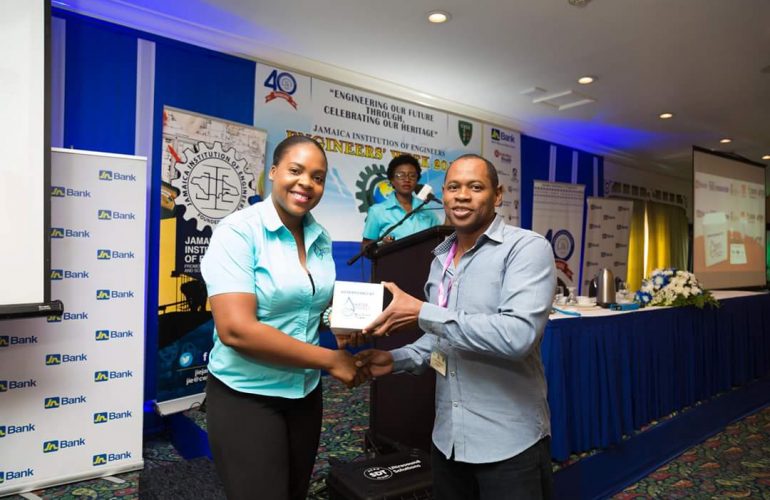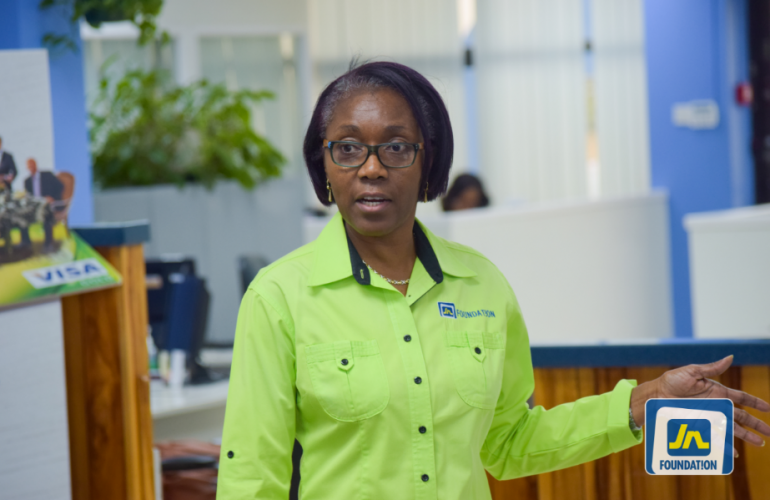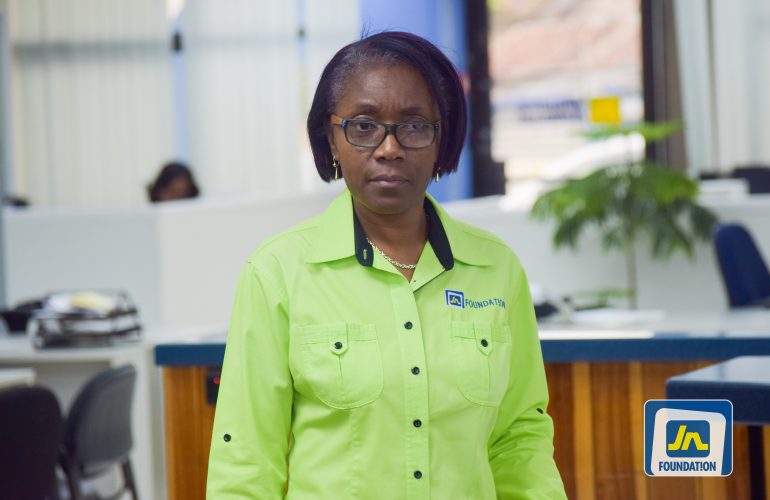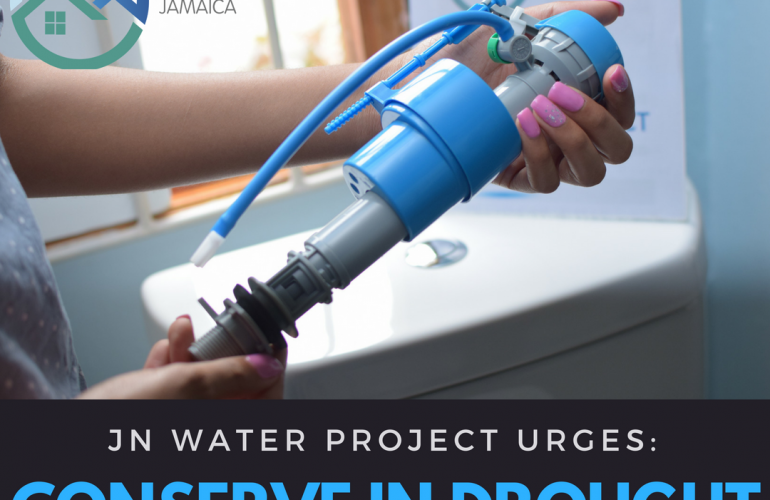Five financial habits to avoid in your 20s
Long-term financial planning may not be at the forefront of one’s mind when they’re a 20-year-old university graduate.
As grants manager at the JN Foundation Rose Miller puts it, money management, the stock market, and retirement planning are remote ideas for many young people. But she warns that a lack of focus during one’s 20s when it comes to money will begin to take its toll by the time one is in one’s 30s.
The JN Foundation BeWi$e financial empowerment programme head maintained that this is why it’s important to plan ahead, noting that the sooner you determine how to manage your finances in some basic ways, the better off you’ll be.
In that vein, this week she highlights a few mistakes people in their 20s should avoid so that they will prosper in their 30s and beyond.
1. Avoid Skipping Student
“Delaying payment on one’s student loan is a bad idea,” she declared. Why? “Because, that will negatively affect your credit rating, and may also extend your debt burden into a time period when you will be exploring starting a family and purchasing a home. The sooner those university loans are paid down, the easier it will be to manage the next phase of your life. Young people are better off making a dent in their student loans before it’s time to settle down.
2. Avoid Spending All
“The adage, ‘It’s not how much you earn, but how much you save’ still rings true,” she noted, stating that if people are spending as much as, or more than they earn, it is only a matter of time before they will spiral into unmanageable debt.
“That lifestyle will make it almost impossible to build significant savings. Therefore, the solution is to live within your means, not beyond,” she advised.
Miller also cautioned young people to steer clear of trying to keep up with their friends’ spending habits. “Living up to your friends’ or co-workers’ standards is tempting. Choosing where to eat, what to wear, and what gadgets to buy based on what your friends are doing can ruin your budget,” she said.
“Simply because your friend seems able to afford the latest electronic device or an overseas trip or even attend the various weekend entertainment events doesn’t necessarily mean you can,” the financial adviser added.
3. Avoid Not Establishing a Savings Goal
Miller says to save more, it’s important to start off with a clear goal; and then put a specific plan in place to achieve that goal.
“Start by determining exactly what major purchases you plan for your future such as a home, a car, or improving your education. Next, determine how much you need to save to achieve those goals and how long a period you need to save the funds,” she recommended. “Finally, set up a recurring automatic transfer from your current account to your savings account, to ensure that you’ll be consistent with your savings.”
4. Avoid Dipping Into Savings
“Once you set up the account to take care of the goals you are trying to achieve, keep your hands out of it, be steadfast and determined,” Miller warned. She informed that one should create a mental and logistical barrier between themselves and this money, move it into a separate account, such as a high-interest savings account, or a money market account, which both offer higher interest rates than the traditional savings account. “The same is true for your emergency fund; unless you’re facing an actual emergency, keep your hands out of it.”
5. Avoid Paying the Minimum on Your Credit Card Balance
Most credit cards only require payment of one to three per cent of your balance each month. Paying the minimum can be a tempting option, especially if your budget is tight, but it can cost you a fortune in the long term because you’ll have to pay interest on the outstanding balance due.
Get in the habit of spending according to your budget and making monthly credit card payments in full. The easiest way to do that is to arrange to transfer the full amount of money you owe from your chequing account to your credit card company, every month. And, in some cases, you may even earn “cash back” at the end of the month based on the rewards on your credit card. “And, finally, as a young person there should be no need to take out more than one credit card,” Miller concluded.













